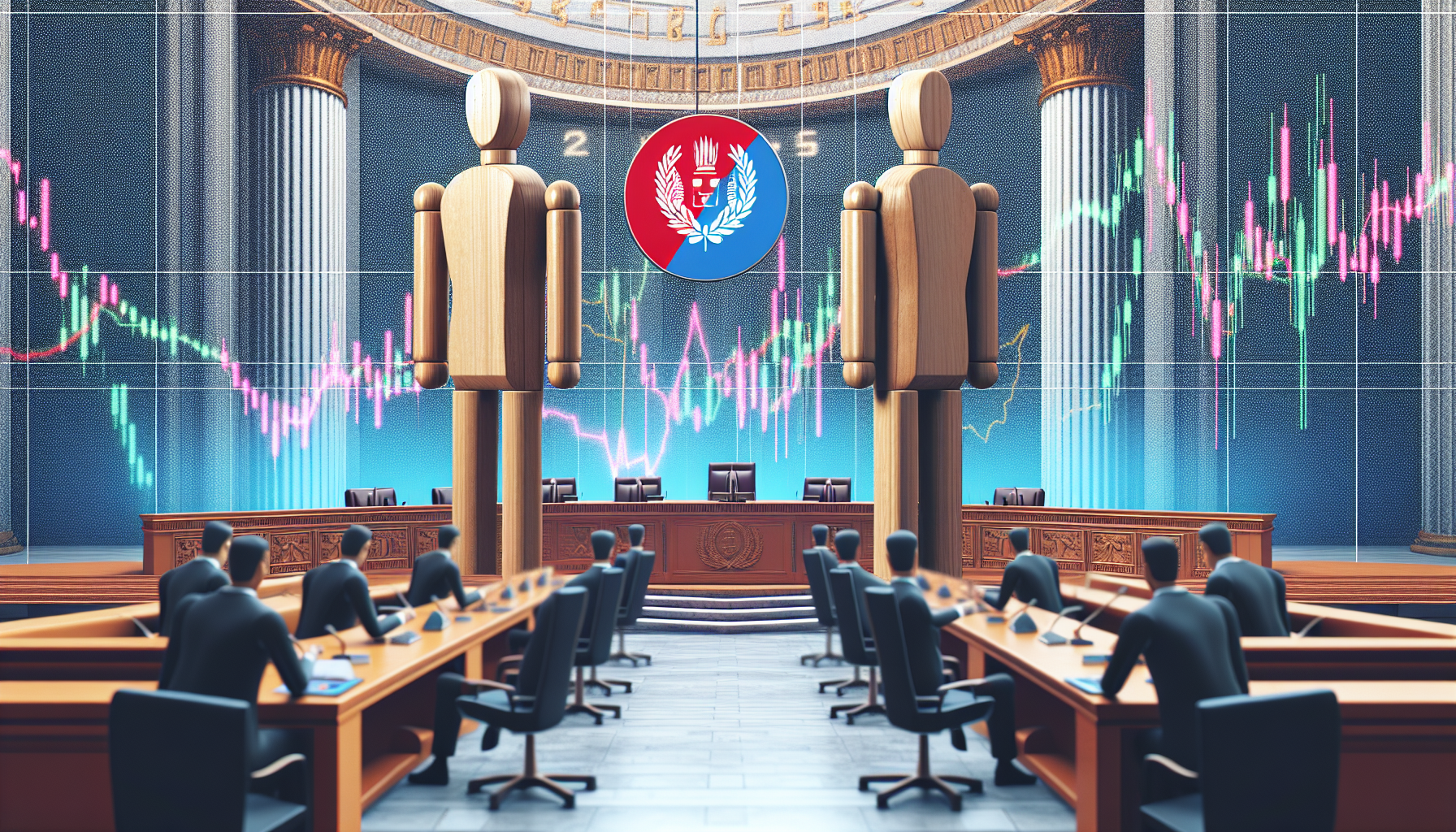Can Germany’s SPD and CDU Overcome Differences to Form a Grand Coalition?
As Germany faces mounting political and economic challenges, the possibility of a renewed "Grand Coalition" (GroKo) between the Christian Democratic Union (CDU) and the Social Democratic Party (SPD) looms large. The relationship between CDU leader Friedrich Merz and SPD leader Lars Klingbeil has been strained, yet the current political landscape may leave them no choice but to collaborate. Could this uneasy alliance stabilize Germany’s government, or will internal conflicts derail progress?

The Strained Relationship Between Merz and Klingbeil
Historically, the CDU and SPD have governed together in multiple Grand Coalitions, but personal dynamics between leaders play a crucial role. Friedrich Merz, a conservative hardliner, and Lars Klingbeil, a progressive Social Democrat, represent opposing ideologies. Their public exchanges have often been marked by tension, with Merz criticizing SPD policies as too left-leaning and Klingbeil accusing the CDU of obstructing social reforms.
However, recent signals suggest a cautious willingness to cooperate. Both leaders have acknowledged the necessity of political stability amid economic uncertainty and rising geopolitical tensions. The question remains: Can they set aside personal differences for the greater good?
Why a Grand Coalition May Be Politically Inevitable
Germany’s fragmented political landscape makes a GroKo increasingly likely. With the far-right Alternative for Germany (AfD) gaining ground and the Greens struggling to maintain momentum, a CDU-SPD alliance may be the only viable option to ensure governance. Key reasons include:
- Economic Instability: Rising inflation and energy costs demand decisive action.
- Security Concerns: The war in Ukraine and NATO commitments require bipartisan support.
- Legislative Deadlock: Minority governments risk stagnation on critical reforms.
Signs of Potential Compromise
Despite their differences, both parties have shown flexibility on key issues:

- The SPD has softened its stance on wealth taxes to gain CDU support.
- The CDU has signaled openness to expanded social welfare programs.
- Both sides recognize the need for energy transition policies.
Challenges Ahead for a CDU-SPD Coalition
Even if Merz and Klingbeil agree to collaborate, significant hurdles remain:
- Internal Party Resistance: Grassroots members in both parties oppose a GroKo.
- Policy Divisions: Disagreements on minimum wage, climate laws, and defense spending persist.
- Public Skepticism: Voters may see another Grand Coalition as a lack of political innovation.
The Role of Smaller Parties
The Free Democratic Party (FDP) and the Greens could influence negotiations. If the CDU or SPD seek alternative alliances, smaller parties may demand concessions, complicating Merz and Klingbeil’s efforts.
What a Successful Coalition Could Mean for Germany
If a CDU-SPD government forms, it could bring:
- Policy Continuity: A centrist approach to economic and foreign policy.
- Market Stability: Reduced political uncertainty for investors.
- Social Compromises: A balanced approach to welfare and fiscal responsibility.
Conclusion: Market Implications in the Coming Weeks
If Merz and Klingbeil succeed in forming a coalition, Germany could see a period of relative political stability, reassuring markets and EU partners. However, prolonged negotiations or failure to agree could trigger volatility, particularly in the euro and German bonds. Investors should monitor signals from both parties—any breakthrough or breakdown will have immediate economic repercussions.

